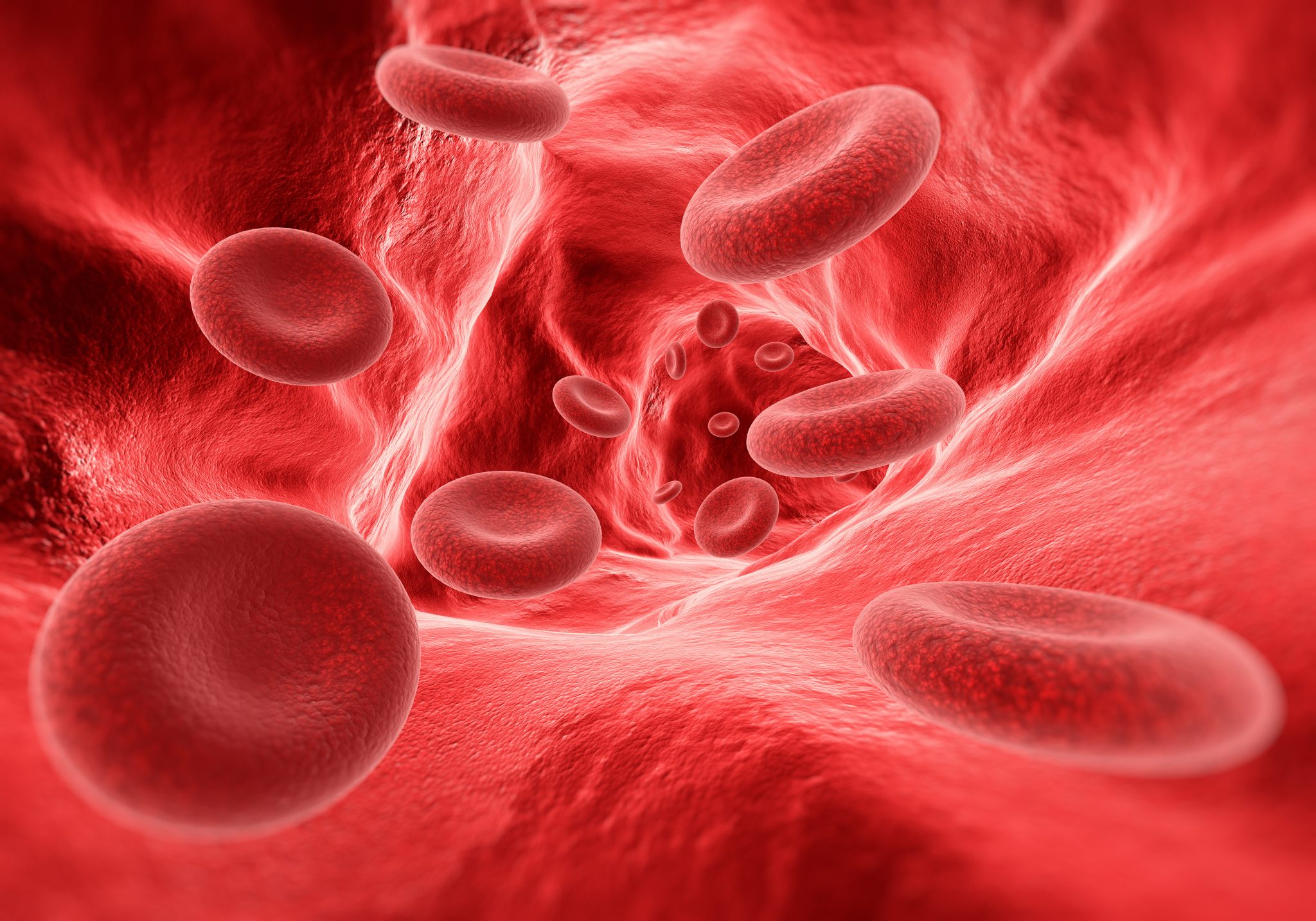Are You At a Higher Risk of Heart Diseases Because You Live in Florida?
Florida is a U.S. state that extends into the Gulf of Mexico and the Atlantic Ocean. Florida is properly called “The Sunshine State” for its consistently warm weather. The tropical climate is because of its positioning relative to the equator. Although not every city in Florida has a tropical climate, the state’s majority is tropical. There are several very humid regions of Florida in different areas of the state. The majority of these areas are closer inland than the cities along and near the coast.
Florida is a heavy attraction for tourists all over the world. The beaches are arguably the most popular tourist attractions, along with some of the world’s best-known theme parks, including Universal Studios, Disney World, and SeaWorld.
Florida’s “Magic City,” Miami is South Florida’s cultural, economic, and financial center. It’s one of the most populous and popular cities in the world, as well as one of the richest.
However, Florida isn’t for everyone, especially with the current drastic climate changes. Residents of Florida have adapted to the warm weather, but it can be challenging for the tourists. But even people living there their whole lives have started to have health concerns. Climate change is the biggest factor. Climate change isn’t just the rising of water levels and the melting of glaciers. It’s far more aggressive, and with the current lifestyle of the population, the heart has become a necessity to protect.
Risk factors of heart diseases:
When it comes to heart diseases, there are several risk factors that you cannot control, like:
– Gender (males are at greater risk)
– Age (the older you are, the higher the risk)
– Family history
– Being post-menopausal
However, there some other risks that are the leading causes of heart diseases and can be controlled, if taken care of properly and strictly, such as:
– Physical inactivity:
Inactivity makes your body stiff and out of shape and makes your body rusty. When you’re inactive, your heart puts in extra work to provide you the energy you’re not working for. The more the pressure on the heart, the higher the chances of developing heart disease.
But, leading an active lifestyle can lower the risks and keep you healthy.
– Obesity:
Unhealthy fat crowds your body and restricts your blood flow. Along with raising your blood pressure, it also puts an extra burden on the heart to pump blood. The fat and the cholesterol in your body form clots in the arteries of the heart, increasing the risk of a heart attack.
– Uncontrolled stress and anger:
Stress and anger are two things that shoot your blood pressure and blood sugar off the roof. The heart beats faster with such pressure that your body finds it difficult to adapt hence the increased risk.
– High LDL or bad cholesterol:
When the LDL is high, and the HDL that is the good cholesterol is low, it creates the risk of developing atherosclerosis. This disease creates clots in the passageway of your arteries and restricts the flow of blood to the heart.
– Smoking:
Smoking isn’t just bad for the lungs but also for the heart as well, whether you’re a chain smoker or a passive smoker. Smoking tightens your arteries, thus causing restriction.
– Climate change:
Climate change has become a cause of major health concerns from cancer to lung diseases and heart diseases. Heat-induced heart attacks are a major concern.
-Drugs:
Excessive use of substances or drugs can lead to dramatic changes in the biochemical and neurological state of a person. The drugs damage your heart and its vessels, restricting its functions and causing it to beat irregularly.
– Diabetes:
High blood glucose levels can damage your blood vessels and the nerves that control your heart. The longer an individual has diabetes, the higher their chances of developing a heart disease.
Managing risks of a heart attack:
– Staying positive and mindful:
Stress isn’t good for your health, especially your heart’s health. Some people deal with stress in unhealthy ways like smoking and drinking. Find alternate ways to manage stress and relax your heart and mind. Meditation is known to help lower stress.
– Eating a healthy, heart-friendly diet:
A healthy diet protects your heart, improves your cholesterol and blood pressure, and it also reduces the risk of type 2 diabetes. This diet includes:
- Vegetables and fruits
- Beans
- Fish
- Whole grains
Use of olive oil
One must limit the usage of salt, sugar, alcohol, and excessive consumption of fast food.
– Maintain a healthy weight:
Even a small weight loss can benefit you greatly. Reducing your weight even by 5% can lower your blood sugar and certain fats in your body. Losing even more of the unhealthy weight helps lower your blood pressure and cholesterol levels, as well.
– Exercising:
Get at least 30-60 minutes of activity daily; let it be mowing the lawn, gardening, or just walking in a park. Physical activity reduces your chances of developing other conditions that may put a strain on your heart.
Just five minutes of moving can help boost your health and immune system. You don’t have to exercise aggressively, a little goes a long way, and you’ll eventually see big results.
Florida is a warm state and is not for those who aren’t used to the heat, especially those people who are used to living in colder regions. It can be challenging for the body to adjust to the temperature and even dangerous if one is already suffering from a disease, especially if it’s a heart disease. A change of scenery is good for health, but the matters of the heart must be taken into account when travelling to such places. Florida’s temperature and lifestyle are different for the people new to it. The heatwave can strike and cause serious health damages. In Florida, you are more vulnerable to a heart disease. If you feel the symptoms of any heart disease, book an appointment at the South Florida Cardiovascular Specialists immediately to receive the best treatment.





